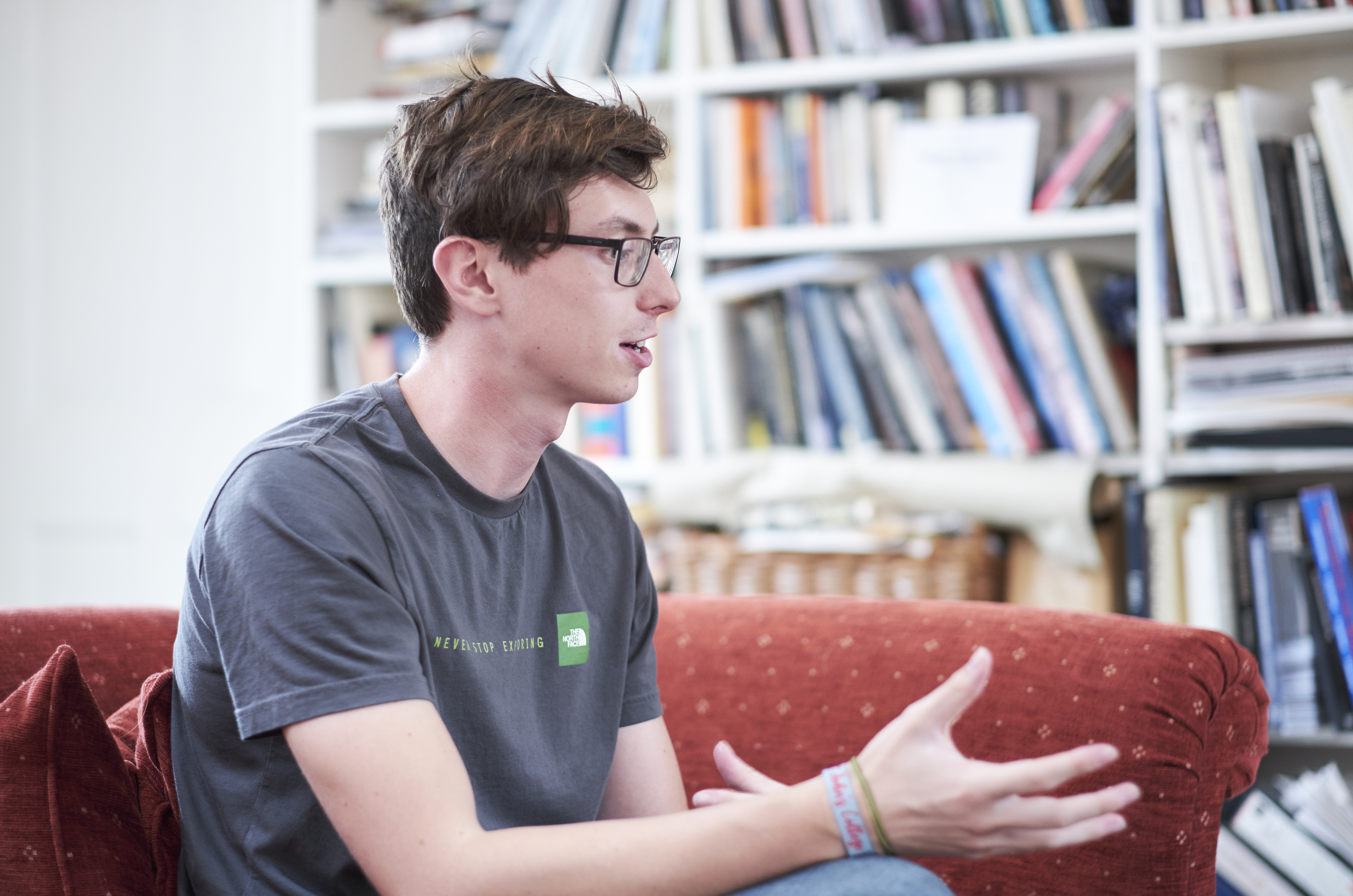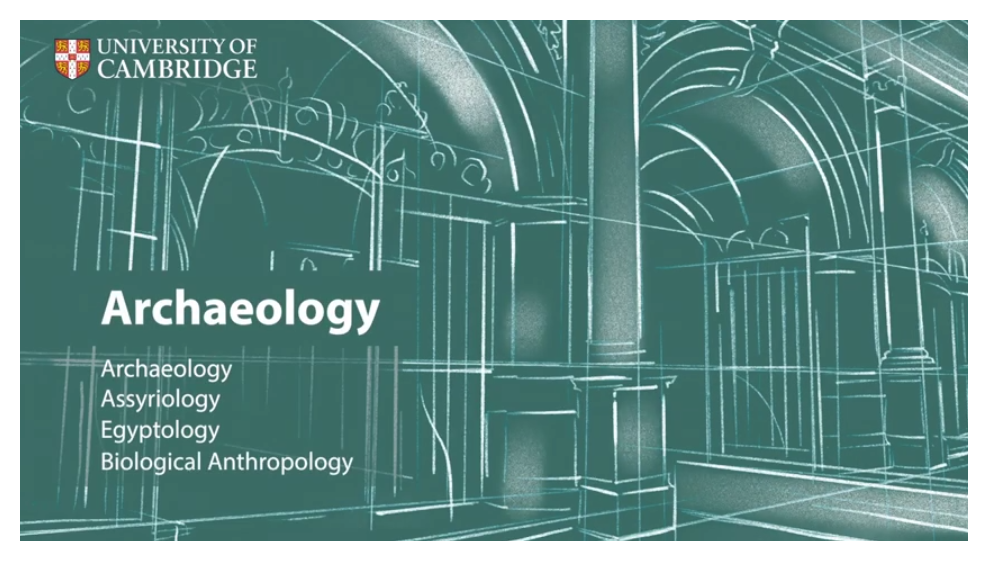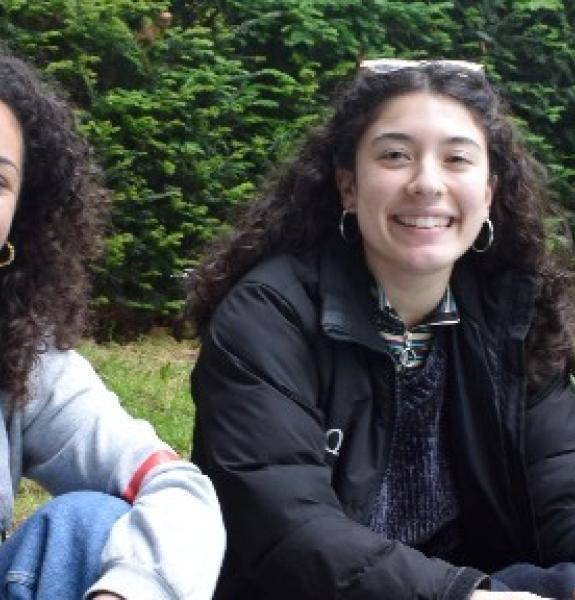 If you love History, do consider your options carefully. Historians normally start by looking at History because it's the subject people are familiar with from school. The Cambridge History course may be the perfect one for you, but take time to make sure as there are also a series of less obvious courses about History or aspects of History, that are often not found by history lovers! On our Twitter feed we have a series of posts tagging #therearelotsofhistorycourses and we encourage you to explore History alongside other courses so that you can make an informed decision and improve your chances of a strong application by picking the right course for your emerging interests.
If you love History, do consider your options carefully. Historians normally start by looking at History because it's the subject people are familiar with from school. The Cambridge History course may be the perfect one for you, but take time to make sure as there are also a series of less obvious courses about History or aspects of History, that are often not found by history lovers! On our Twitter feed we have a series of posts tagging #therearelotsofhistorycourses and we encourage you to explore History alongside other courses so that you can make an informed decision and improve your chances of a strong application by picking the right course for your emerging interests.
This course explores the languages and literature, material culture and history of the peoples of Britain, Ireland and the Scandinavian world in the earlier Middle Ages. It's a very flexible course so you can place the focus of your studies where you please, and can concentrate on history papers if you want to or choose a wider mix. If you think you might enjoy studying runes and rune-stones, early medieval history, coin hoards, medieval sea-kings, Ogham inscriptions, Viking-Age history, and Cumbria / Northumbria, for example, have a look at this course.
Anglo-Saxon, Norse and Celtic (university page)
Anglo-Saxon, Norse and Celtic (Christ's page)

This course uses material remains to explore our human past, from the first toolmakers and hunter-gatherers, to farming, early cities, states, and empires. It goes up to modern times.
This is an interdisciplinary course because you look at lots of different kinds of evidence and ways of thinking. You'll look at the material world, but also ancient texts and art, the natural, material and digital sciences, social theory and ethnography.
In Archaeology you'll have a choice of tracks including Archaeology, Assyriology, Egyptology and Biological Anthropology.
Have a look if you're interested in global cultures, and especially if you also like languages in general, though you don't need to have ever studied the ones in the degree. You can focus on Arabic, Chinese, Hebrew, Japanese, Persian or combine more than one in certain cases (check the details as some pairings are possible but not all).
Asian and Middle Eastern Studies (university page)
Asian and Middle Eastern Studies (Christ's page)
A full degree about the ancient world. There are options for students who've not studied Latin before so accessible to all. Likely to be particularly interesting to students who've done Classical Civilisation at A level, (though not required) and/or students who also like languages.
Another interdisciplinary course - there's a wide variety of material to study here.
Look at this course if you'd like to combine History with French, German, Spanish, Italian, Portuguese or Russian.
History and Modern Languages (university page)
History and Modern Languages (Christ's page)
This course has papers from History, Politics and the relationship between the two disciplines.
History & Politics (university page)
History & Politics (Christ's page)
A course on the history, making and meaning of art and architecture.
History of Art (university page)
History of Art (Christ's page)
Look especially if you're interested in the history, practice and thought of the major world religions of Buddhism, Christianity, Hinduism, Islam and Judaism. May be particularly interesting to students who've done Religious Studies at A level, though not a required subject.
Theology, Religion and Philosophy of Religion (university page)
Theology, Religion and Philosophy of Religion (Christ's page)


